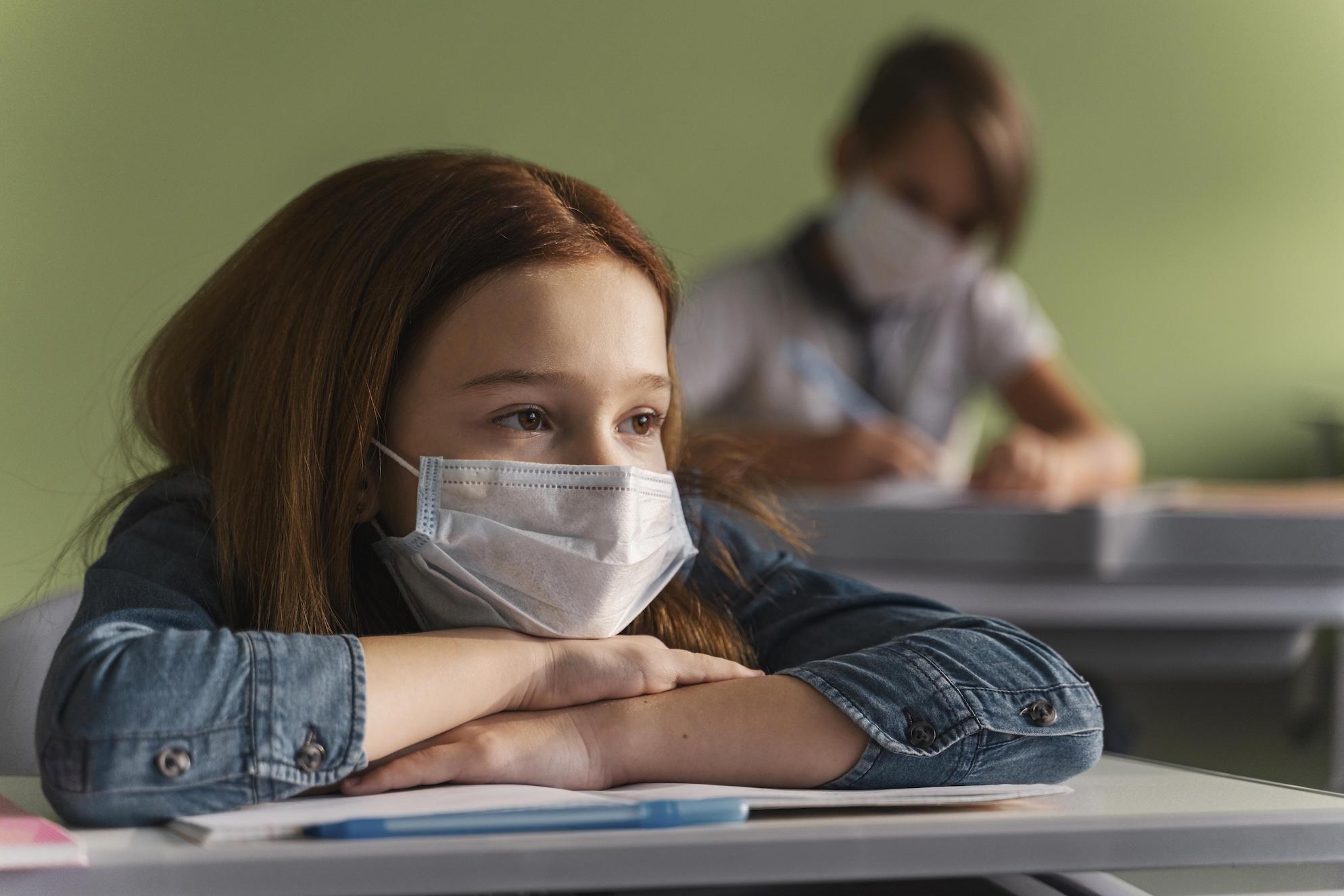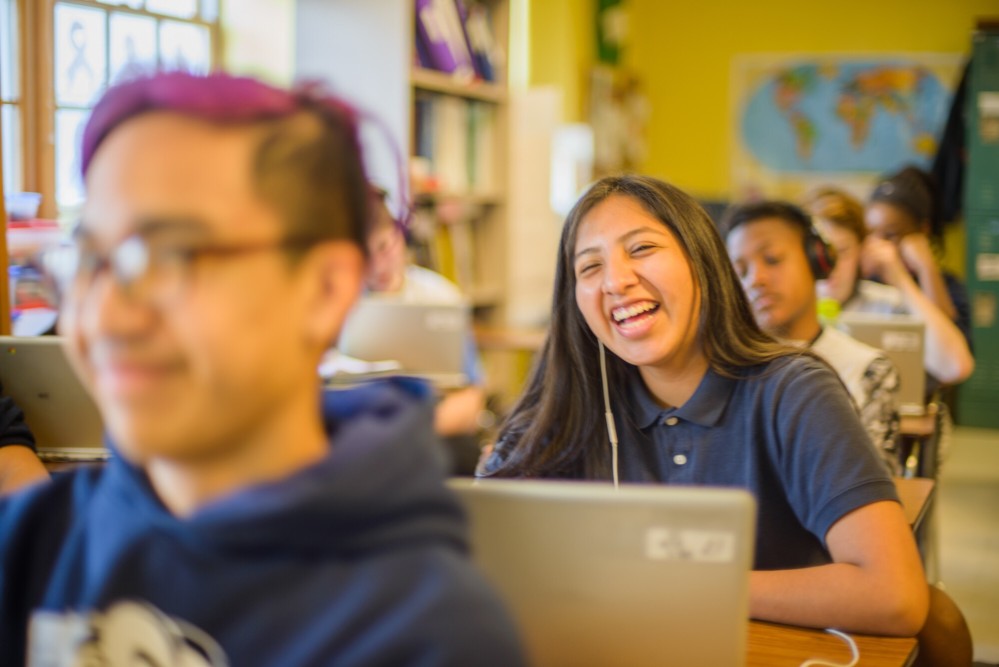‘We Need To Be Nurtured, Too’: Many Teachers Say They’re Reaching A Breaking Point

After a year of uncertainty, long hours and juggling personal and work responsibilities, many teachers told NPR they had reached a breaking point.
Leah Juelke, who teaches high school English learners in Fargo, N.D., says nothing prepared her for teaching during the coronavirus pandemic. According to Juelke, “The level of stress is exponentially higher. It’s like nothing I’ve experienced before.”
Jennifer Greif Green, an education professor at Boston University, says the additional stress that teachers are reporting during the pandemic is worrying because it doesn’t affect only educators — it also affects students.
“The mental health and well-being of teachers can have a really important impact on the mental health and well-being of the children who they’re spending most of their days with,” Green explains. “Having teachers feel safe and supported in their school environments is essential to students learning and being successful.”
Districts are trying to help — with yoga classes, counseling sessions and webinars on mental health. Some teachers have organized trivia nights or online happy hours where colleagues can just vent. Teachers told NPR they force themselves to take breaks, go for a bike ride or call a friend. Some have started therapy.
But most of the educators NPR spoke with say they’re so exhausted that even self-care feels like one additional thing to do. Heidi Crumrine, a high school English teacher in Concord, N.H., says this has been the most challenging year she has ever encountered in her two decades of teaching.
“It feels like we’re building the plane while we’re flying it”
In March 2020, when schools moved online, teachers across the U.S. had to completely reimagine their approach to education, often with no training or time to prepare. For many, it was a rough transition.
Teachers told NPR they’ve spent the past year experimenting with different methods of online and hybrid teaching, while also providing tech support for their students and families. Many say they routinely work 12-hour days and on weekends, yet struggle to form relationships with children virtually. Answering emails can take two hours a day.
Teachers in districts that opened earlier for in-person learning say they have additional responsibilities now, such as sanitizing desks between classes, making sure children follow school safety protocols and keeping track of students who have had to quarantine.
Balancing work and home life
Juelke, in North Dakota, is a single mom with a 9- and 3-year-old. “I’m juggling the children and making sure my daughter is in her class and my 3-year-old is entertained. And that is definitely taking a toll.”
Many teachers say they are eating and drinking more — and exercising and sleeping less.
Others say they’re not as active at home and they’re eating more junk food and putting on weight. The tight schedules mean they don’t always move between classes or even remember to drink water.
The school reopening divide
Teachers told NPR they feel a growing chasm in their communities: Parents want schools to open, but teachers first want to make sure it’s safe. Many feel that they are not being included in these conversations and that their concerns aren’t being taken seriously.
Crumrine says it has been devastating hearing elected officials and parents criticize teachers, insisting that schools need to open, even though teachers are concerned about their own health. She says many states, including her own, didn’t prioritize vaccines for teachers, which to her revealed just “how deep that lack of value of educators is.”
Excerpted from “‘We Need To Be Nurtured, Too’: Many Teachers Say They’re Reaching A Breaking Point” on NPR. Read the full article online.
Source: NPR | We Need To Be Nurtured, Too’: Many Teachers Say They’re Reaching A Breaking Point, https://www.npr.org/2021/04/19/988211478/we-need-to-be-nurtured-too-many-teachers-say-theyre-reaching-a-breaking-point | © 2021 npr
CHC offers free community education sessions for educators. Join us to learn practical teaching strategies you can use in your classroom to help more kids reach their promise and potential. Educator sessions are led by experienced educator/clinician teams from Sand Hill School and CHC.





